Oral history is a research method that utilizes the verbal testimonies of individuals to record and analyze events, people, and lived experiences. This approach is precious in studies seeking a deeper understanding of human experiences, especially for historical events that lack sufficient written documentation. Oral history can help fill gaps in written history and showcase the human dimensions of history.
Regarding the genocide carried out by Saddam Hussein’s regime against the Kurds in Iraq, oral history can serve as a powerful tool for documenting the lived experiences of witnesses and survivors. This method can reveal this tragedy’s individual and collective dimensions, including stories of escape, resistance, suffering, and loss.
The importance of oral history in recording the experiences of the survivors and witnesses of this tragedy. This method can contribute to a better and deeper understanding of the human aspects of genocide, and utilizing oral testimonies is essential to complete the stories overlooked in official documents. Additionally, oral history can combat the forgetting and denial of genocide, thereby moving closer to truth and justice for the victims.
In concluding the importance of oral history in societies affected by genocide, several key points can be highlighted:
1. Restoration of Collective Memory: Oral history aids in recovering and preserving collective memory in societies that have suffered genocide. It helps pass down stories and experiences to subsequent generations, ensuring their history is not forgotten, and the lessons learned are remembered.
2. Healing and Solace: Sharing personal stories can provide solace and healing for genocide survivors. It allows them to find their voice and express feelings and experiences that may have been suppressed for years.
3. Combatting Denial and Forgetfulness: Oral history plays a crucial role in fighting against the denial and forgetfulness of genocides. Verbal testimonies from survivors and witnesses can serve as evidence against those who attempt to deny or belittle these atrocities.
4. Strengthening Collective Identity and Unity: Oral history can help strengthen collective identity and unity among survivors and affected communities. Sharing everyday experiences of injustice and suffering can foster a sense of belonging and solidarity.
5. Contributing to Justice and Reconciliation: Oral history can support efforts towards achieving justice and reconciliation in post-genocide societies. Verbal testimonies can be used in legal processes to help identify and prosecute perpetrators of genocide while also creating a space for understanding and acknowledging a shared history.
Overall, oral history records and preserves history and plays a vital role in the healing process, fighting denial, enhancing unity, and aiding in justice and reconciliation efforts in communities impacted by genocide.


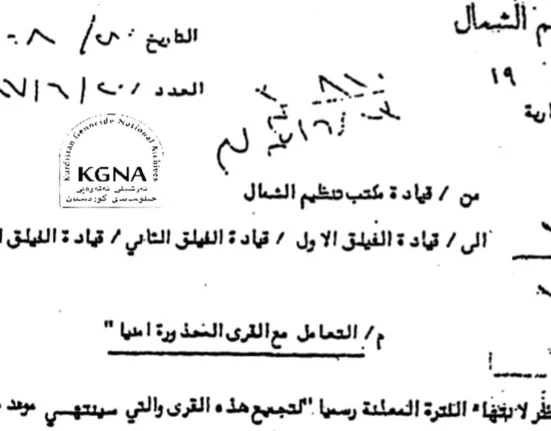
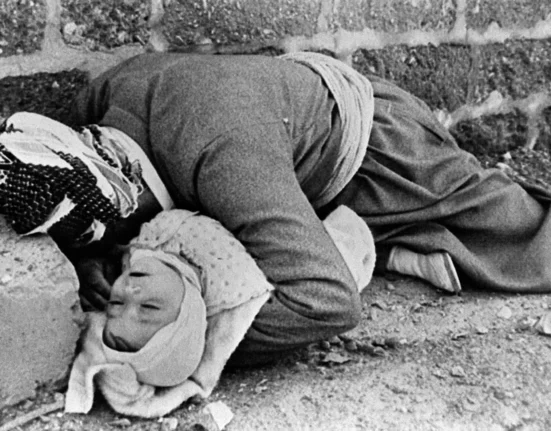
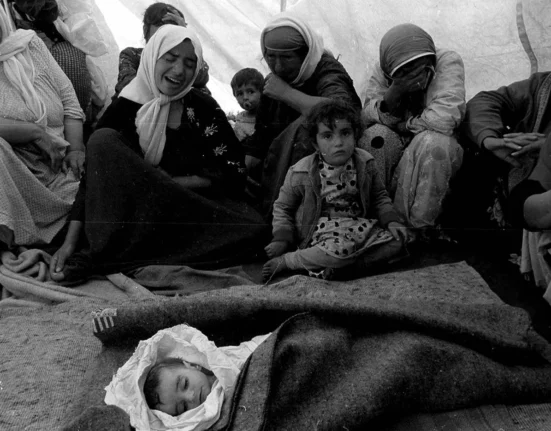
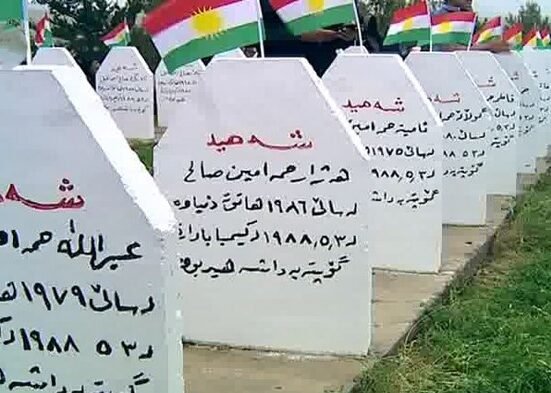
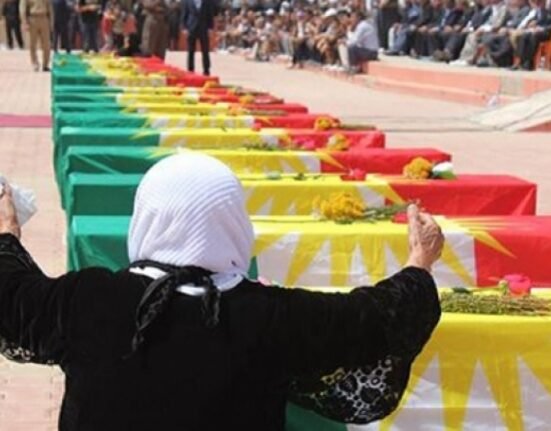
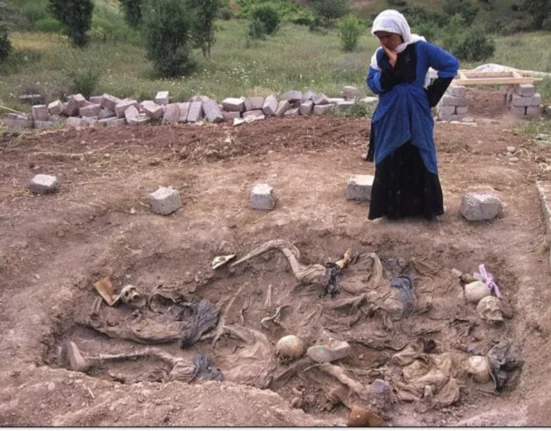
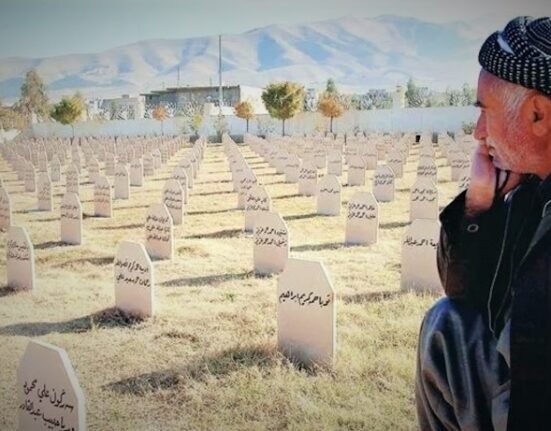

Leave feedback about this